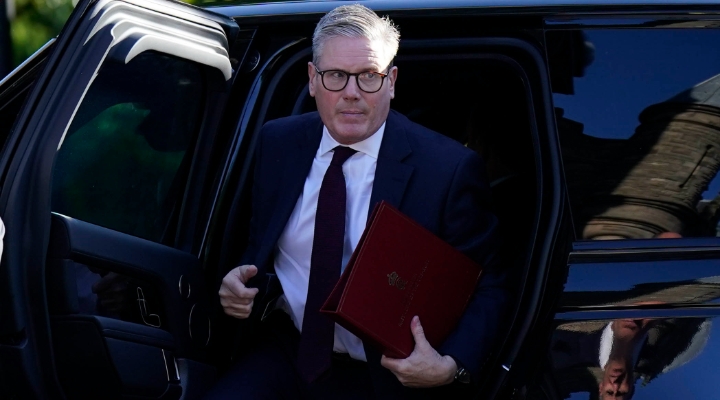Charges on pension funds will be capped at 0.75% a year from April next year, pensions minister Steve Webb has confirmed.
Webb first floated the idea in October, when he put his support behind a paper published by Department for Work and Pensions suggesting all pension fund charges be capped in order to ensure a fair deal for scheme members.
But the suggestion received a mixed response from the industry, with some claiming a charge cap would restrict the type of investments a pension fund could hold – negatively impacting the scope for growth.
Negative backlash and challenges implementing the cap meant that Webb announced in January that he would be pushing back the implementation of the charge cap – originally due next month.
Aegon’s managing director of Workplace Solutions Angela Seymour Jackson said that the delay was necessary in order to allow employers and providers to get on with enrolling many thousands of employees into workplace schemes, often for the first time.
“We are going to put charges in a vice and we will tighten the pressure year after year," Webb said today.
The cap will apply to all default pension schemes created to accommodate the Government’s auto-enrolment programme, which was launched in October 2012 starting with the country's largest companies.
Workers who do not actively choose the pension scheme they want are enrolled into a default scheme, which manages their contributions based on the length of time until they retire.
More engaged investors who do not mind paying a higher annual fee for more sophisticated investment can opt for an alternative scheme not restricted by the charge cap.
Lydia Fearn, investment consultant at Barclays Corporate & Employer Solutions said the potential stifling of innovation was a concern and it will be interesting to see whether the cap affects smaller schemes having access to more innovative investment strategies.
“For members wanting to move outside of the default, allowing them to choose other investment funds or strategies, which may be more expensive than 0.75%, is a sensible approach.
Schroders head of institutional defined contributions Steve Bowles said: “Beta is cheap, alpha is not. DC is an environment where it is real outcomes that matter, rather than relative performance,” he said.
Legacy schemes which pre-exist auto-enrolment will not be subject to the charge cap, even though these schemes are among the highest charging.
Around 10 million people will eventually be auto-enrolled into pension schemes by 2018. The programme seeks to plug the ‘pensions gap’, so that future generations of pensioners do not have to live below the poverty line.





























